“From now on, we will be metaverse-first, not Facebook-first,” declared Mark Zuckerberg in a founder’s letter published on October 28. The day will be remembered as a turning point in the social media behemoth’s history.
On October 28, last Thursday, Facebook announced that it is now officially Meta. As Zuckerberg explained, “We are at the beginning of the next chapter for the internet, and it’s the next chapter for our company too.”
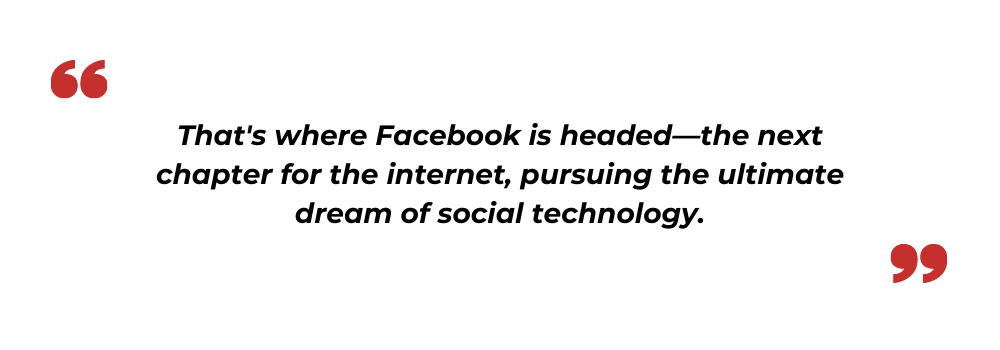
What in the world is the metaverse? And why does it represent the next chapter for the internet? Let’s dive in.
Read more: Social Media Trends to Watch Out For in 2022
What is the metaverse?
Here’s how Zuckerberg himself has described it—”The defining quality of the metaverse will be a feeling of presence — like you are right there with another person or in another place. Feeling truly present with another person is the ultimate dream of social technology. That is why we are focused on building this.”
More concisely, the metaverse is a shared virtual space. Here digital experiences are experienced rather than confined to a screen. Such a space offers vastly richer and more immersive experiences. It is also a portal into an entirely new universe of opportunities.
To give an example, instead of connecting with friends and family or with our colleagues in two dimensions, where their faces are flattened and imprisoned in a grid, the metaverse would enable us to connect with them as though they are in our presence, albeit in virtual reality.
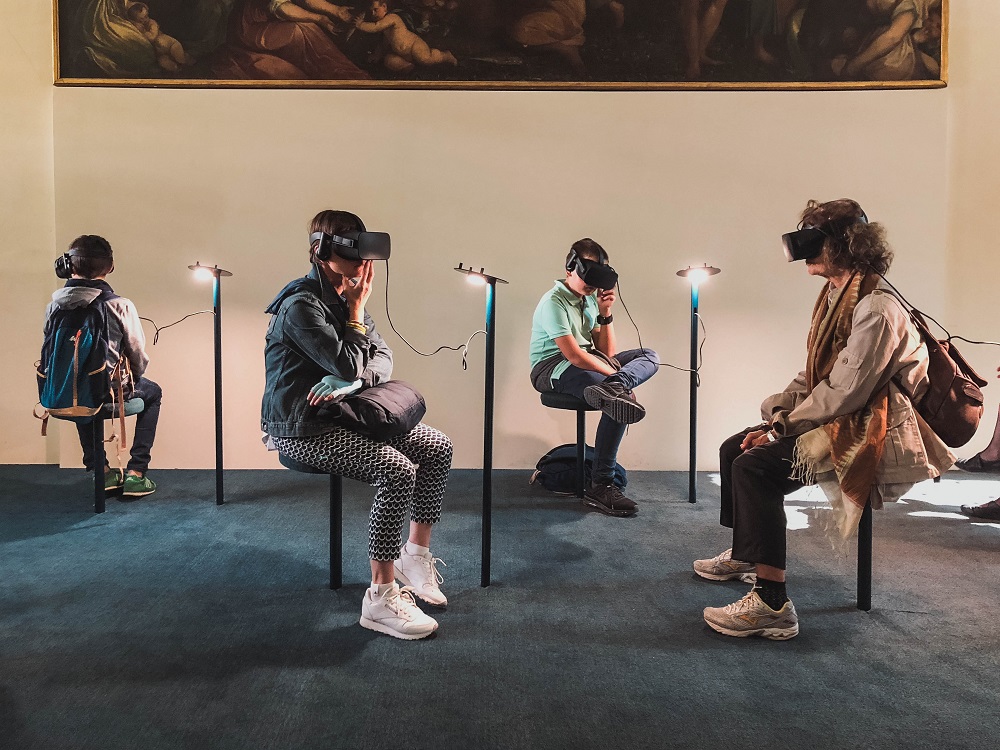
But the very fact that the reality is virtual allows us to make the connection anywhere we like. Why set a clear, sunny beach as a video-conference background when you can have the conference right there? Why travel across the world to attend a concert when you can attend it in the comfort of your home? Or, why make a mess of your kitchen when you can learn to cook virtually? Meet a friend in a café. Catch up with family in their living room. It really is a universe of possibilities. Did we mention gaming?
That’s where Facebook is headed—the next chapter for the internet, pursuing the ultimate dream of social technology. And both metaphors do make sense. Initially, the internet was text-based. Then came the image and video era, as connectivity and hardware grew in speed and capability. In the next decade, the next chapter, perhaps the final chapter, will begin: not living on the internet, but within it.
Read more: The 7 Biggest Technology Trends In 2022
It’s coming. We know it is. And that’s why Facebook isn’t the only company working toward it. Apple and Google, for example, have also invested billions in virtual and augmented technology as they, too, look to broaden their vision. Facebook just seems especially devoted.
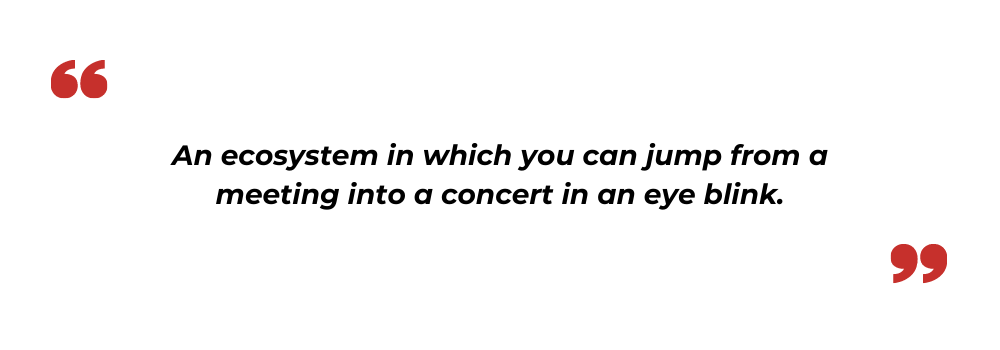
Perhaps Facebook wishes to diversify what it offers to its over 2 billion users, becoming more than a social media platform. But given what it is prepared to bet, Facebook might be eyeing something more. So certain that the metaverse indeed is the future, perhaps Facebook wishes to become The Platform for connecting to it.
Will it?
When can I enter the metaverse?
The word metaverse was coined by Neal Stephenson, the author of Snow Crash, a science fiction novel featuring Hiro, who delivers pizza by day and hacks by night. The novel, published in 1992, depicts Stephenson’s vision of what he deemed the successor to the internet—a shared or collective virtual reality populated by user-controlled avatars.
In his announcement, Zuckerberg writes that Stephenson’s fiction will become a reality within a decade. However, in some sense, the metaverse is already here.
The biggest allure of social media is community. We connect to connect—to find people who share our interests, no matter how niche those interests may be. Still, even though online communities offer shared experiences, the experiences are not seamless to navigate. That’s what Meta has to promise: the platform for all platforms, such that digital experiences are collective and seamless. An ecosystem in which you can jump from a meeting into a concert in an eye blink.
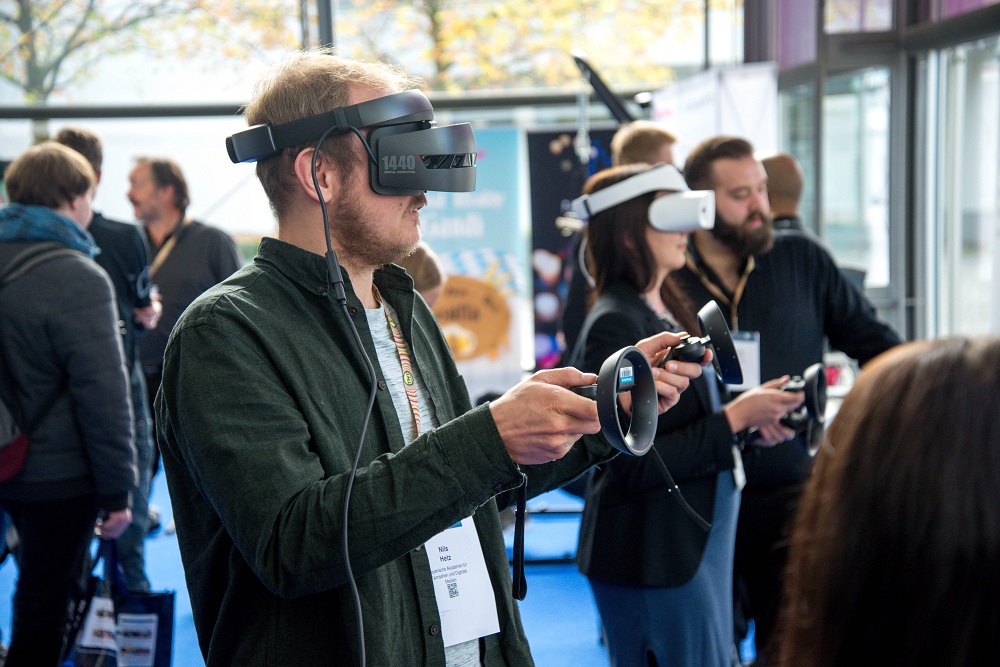
The transition from what the metaverse is today—two-dimensional—to what it is supposed to be—three-dimensional—won’t be instant. Instead, the transition would be gradual. Facebook bought Oculus VR in 2014. But the virtual gaming and communication technology is only used by a few million, compared to the billions who use Facebook’s other services. Not that we haven’t made any progress. In 2020, Fortnite held a virtual concert that was attended by over 12 million people, making it the game’s largest event.
Read more: “COVID’s Starkest Lesson”: Global Data Is Broken. Here’s How to Fix It
However, the truth is, virtual reality is still a privilege. Its tools are also bulky and not quite portable. That’s why Zuckerberg and other experts give the metaverse a decade or so. Intense competition would spur innovation. New technologies—cheaper and smaller technologies—will emerge. Like the internet, innovation in connectivity and hardware will enable the metaverse to gradually incorporate increasingly complex inputs—first, audio and video, and eventually, temperature, smell, and perhaps even touch.
Wait, should I enter the metaverse?
You might not have a choice.
If the technology catches up and Facebook manages to persuade its billions of users to enter the metaverse, it will hurt businesses not to follow. Similarly, if Meta becomes as ubiquitous as Facebook, Instagram, and LinkedIn, it will hurt job-seekers not to register.
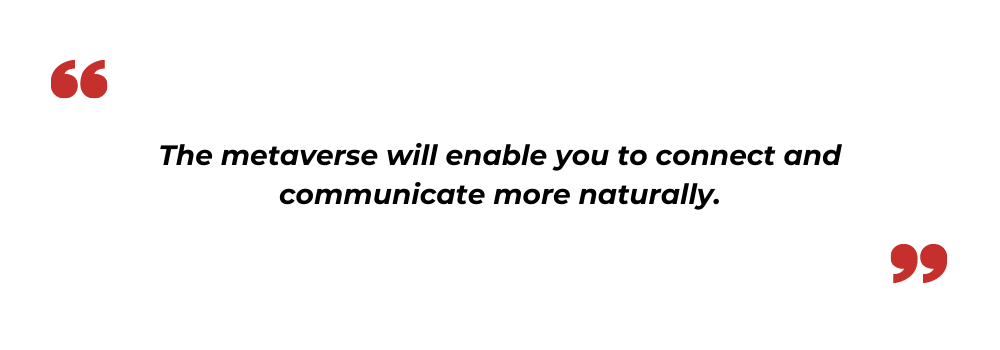
For one, work will go virtual. Searching, interviewing, onboarding, working—everything will take place online. Exactly. That’s already happening. The pandemic has accelerated the transition. And even if you do find a job offline, not being on Meta would be a red flag for employers. Let’s not forget that it would also deny you opportunities to network—a phenomenon much more likely to get you a job than a cold application.
The question, of course, remains reasonable. After all, this is Facebook we are talking about. The company is regarded as downright evil for encouraging the spread of misinformation, polarization, and addiction. In his announcement, Zuckerberg claims that “privacy and security need to be built into the metaverse from day one.” But Zuckerberg and other Facebook executives have made countless such promises before, only to end up chasing engagement and profit at all costs. Indeed, many argue that Facebook made the announcement strategically to distract us from the whole whistleblower fiasco.
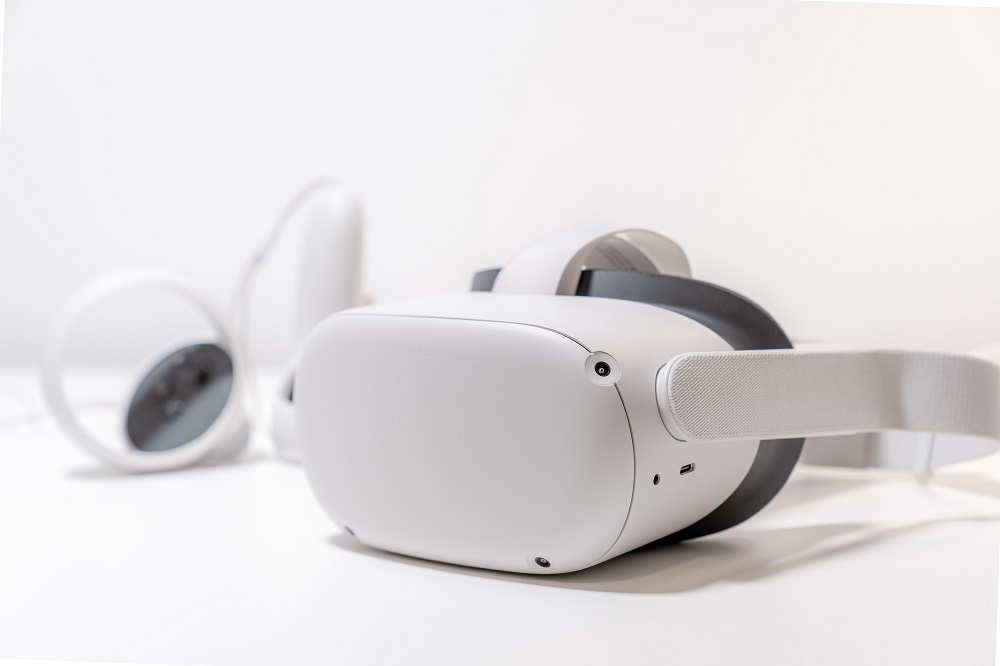
“The company is regarded as downright evil for encouraging the spread of misinformation, polarization, and addiction.”
However, if—if—Facebook does come through, the metaverse has so many positives to offer. Virtual work will severely reduce our carbon footprint. The sizes of classrooms won’t limit education.
Job opportunities may explode.
Zuckerberg hopes that “within the next decade, the metaverse will reach a billion people, host hundreds of billions of dollars of digital commerce, and support jobs for millions of creators and developers.” The creators and developers will create new content, virtual spaces like museums, and all kinds of digital experiences that make the best of social media, virtual reality, augmented reality, gaming, shopping, and trading.
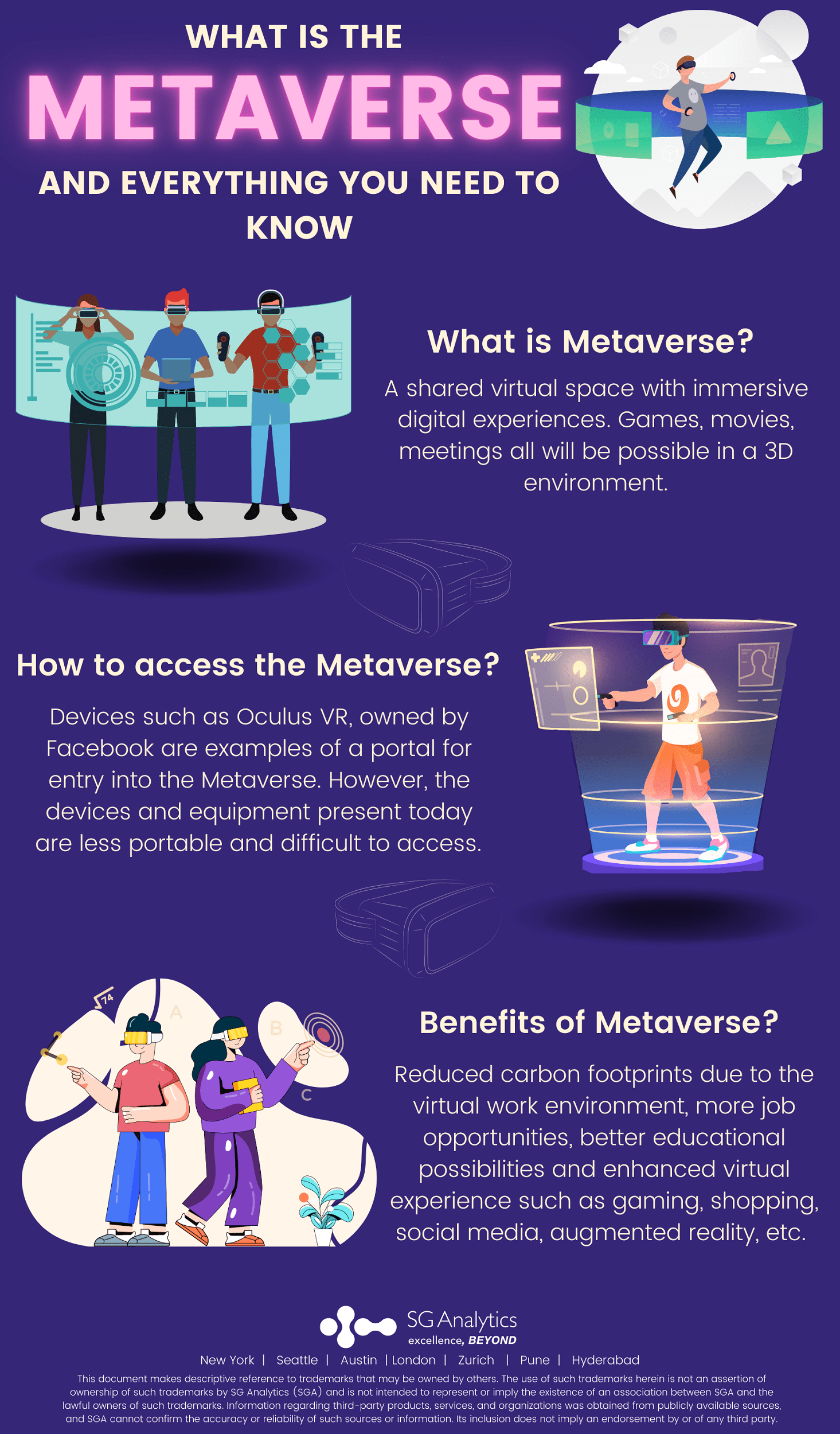
Read more: Top 4 Skills That AI Won’t Replace
The goal of technology is to enable. And the metaverse will enable you to connect and communicate more naturally. It will do this by creating an internet, as Zuckerberg writes, “where you’re in the experience, not just looking at it.”
With offices in New York, Austin, Seattle, London, Zurich, Pune, and Hyderabad, SG Analytics is a leading research and analytics company that provides tailor-made services to enterprises worldwide. If you are looking to make critical data-driven decisions, decisions that enable accelerated growth and breakthrough performance, contact us today.









